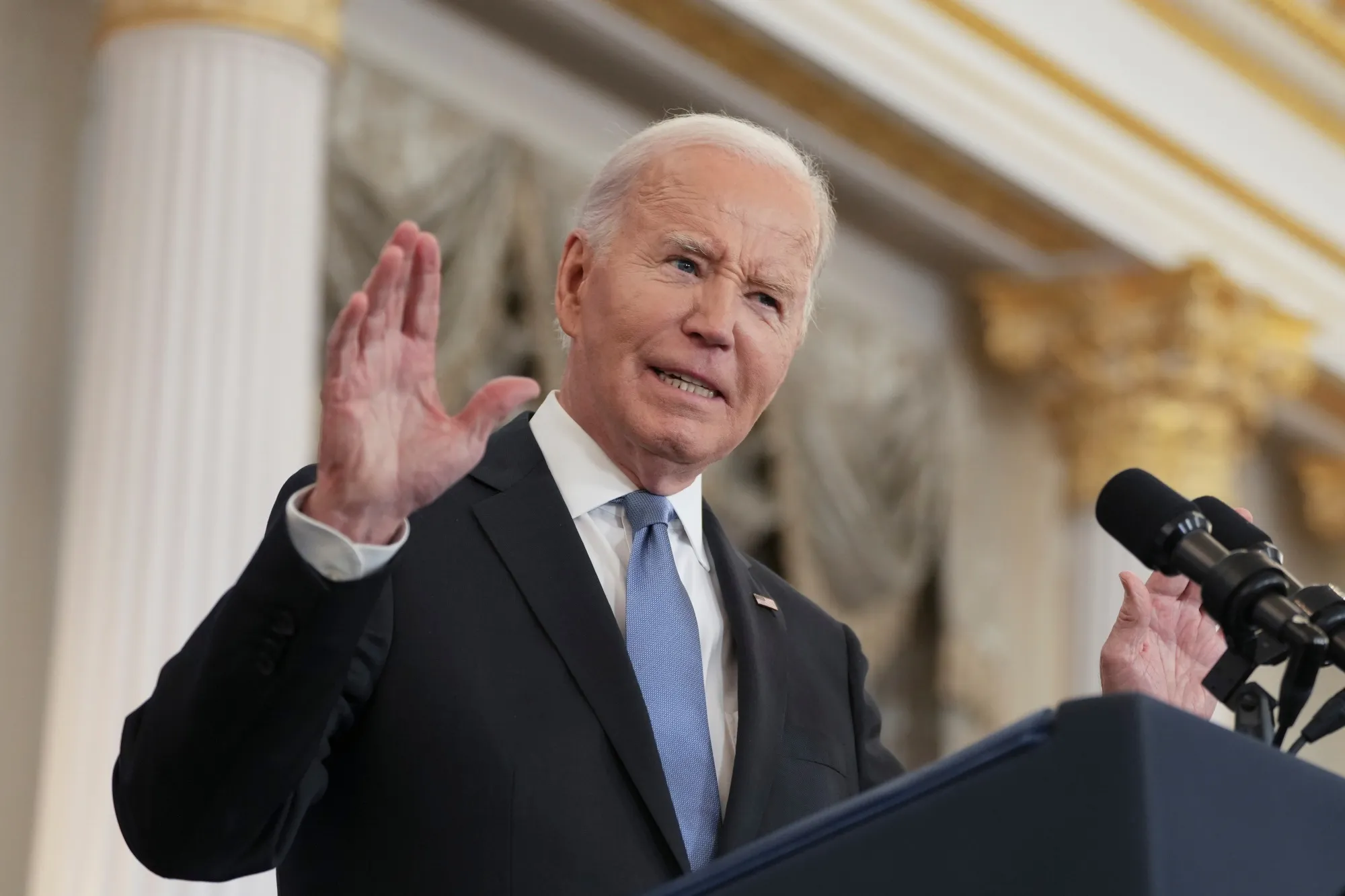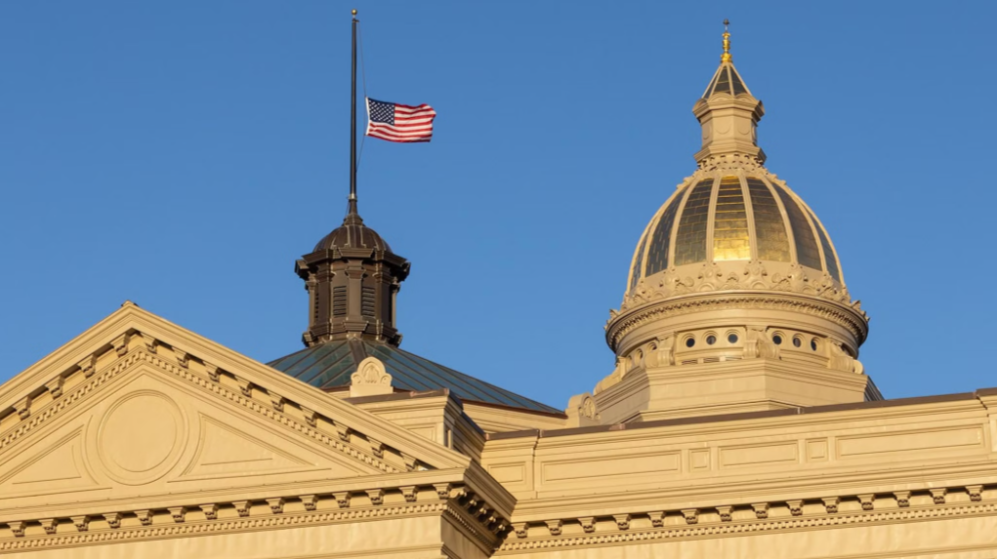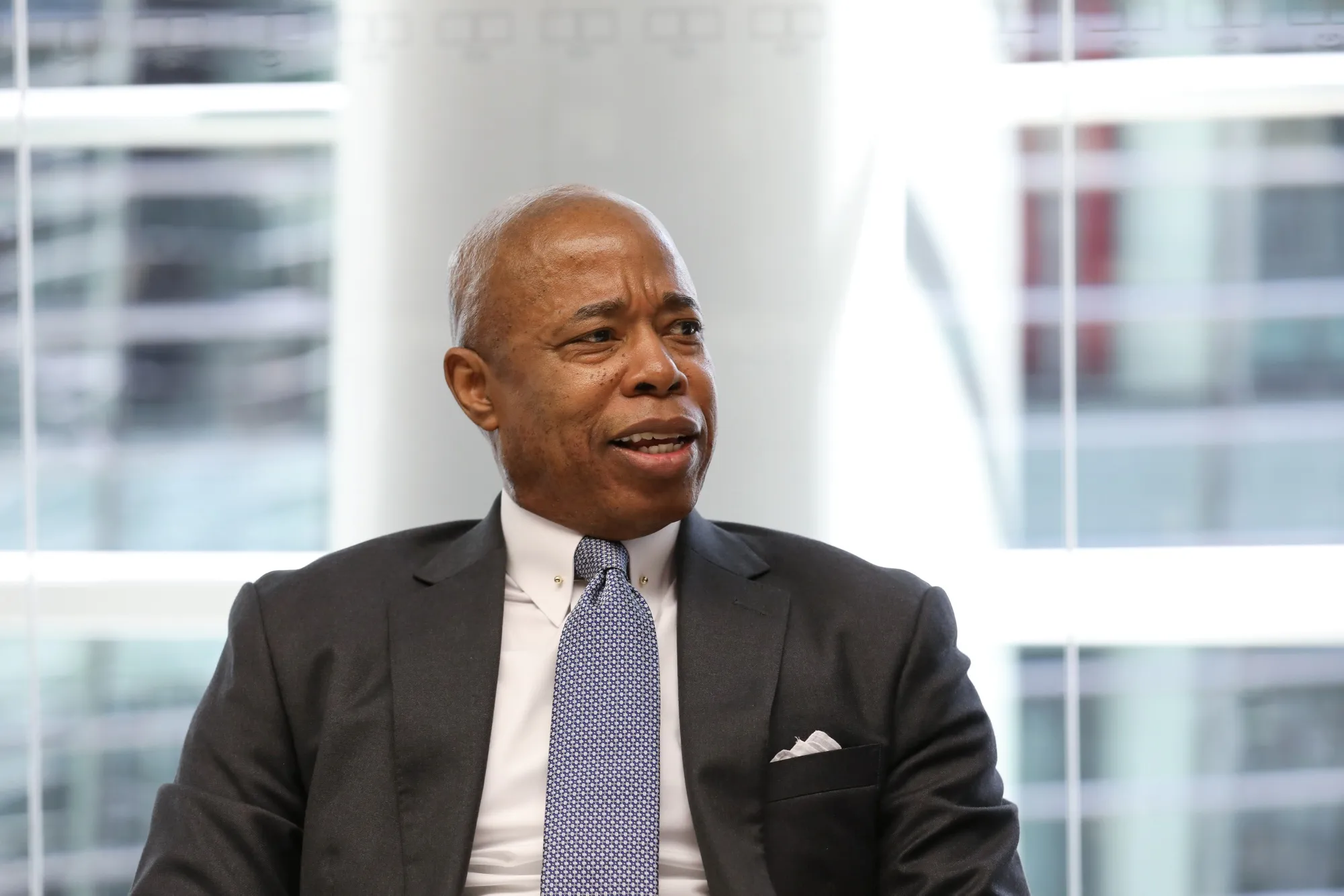Germany will introduce expanded border controls starting September 16, following a deadly knife attack in Solingen that resulted in three fatalities.
The decision, set to last for an initial period of six months, aims to address irregular migration and bolster national security.
The attack, carried out by a Syrian national who was facing deportation after a failed asylum application, was claimed by the Islamic State group. This incident has intensified calls for a stricter immigration policy, particularly following the far-right Alternative for Germany (AfD) party’s significant gains in recent local elections.
German Interior Minister Nancy Faeser announced the expanded controls, stating that the measures would enhance security and counter threats such as Islamist extremism and cross-border crime.
“We are doing everything in our power to protect the people of our country against these threats,” Faeser said.
Currently, Germany has border checks in place at its eastern and southern borders with Poland, the Czech Republic, Switzerland, and Austria. The new measures will extend these checks to all land borders, including those with France, Luxembourg, the Netherlands, Belgium, and Denmark.
Critics argue that the move may be more politically motivated than security-focused. The AfD’s recent success in regional elections, particularly in Thuringia, has pressured the ruling coalition to adopt a firmer stance on immigration. The governing parties, including the SPD and other mainstream groups, are responding to concerns over integration and public security.
In addition to the new border controls, the German government has implemented several other measures in response to rising migration concerns. These include tighter deportation rules, changes to benefits for asylum seekers facing deportation, and resuming the deportation of convicted Afghan criminals, which had been suspended following the Taliban’s return to power in 2021.
BBC, the Guardian, and Reuters contributed to this report.









